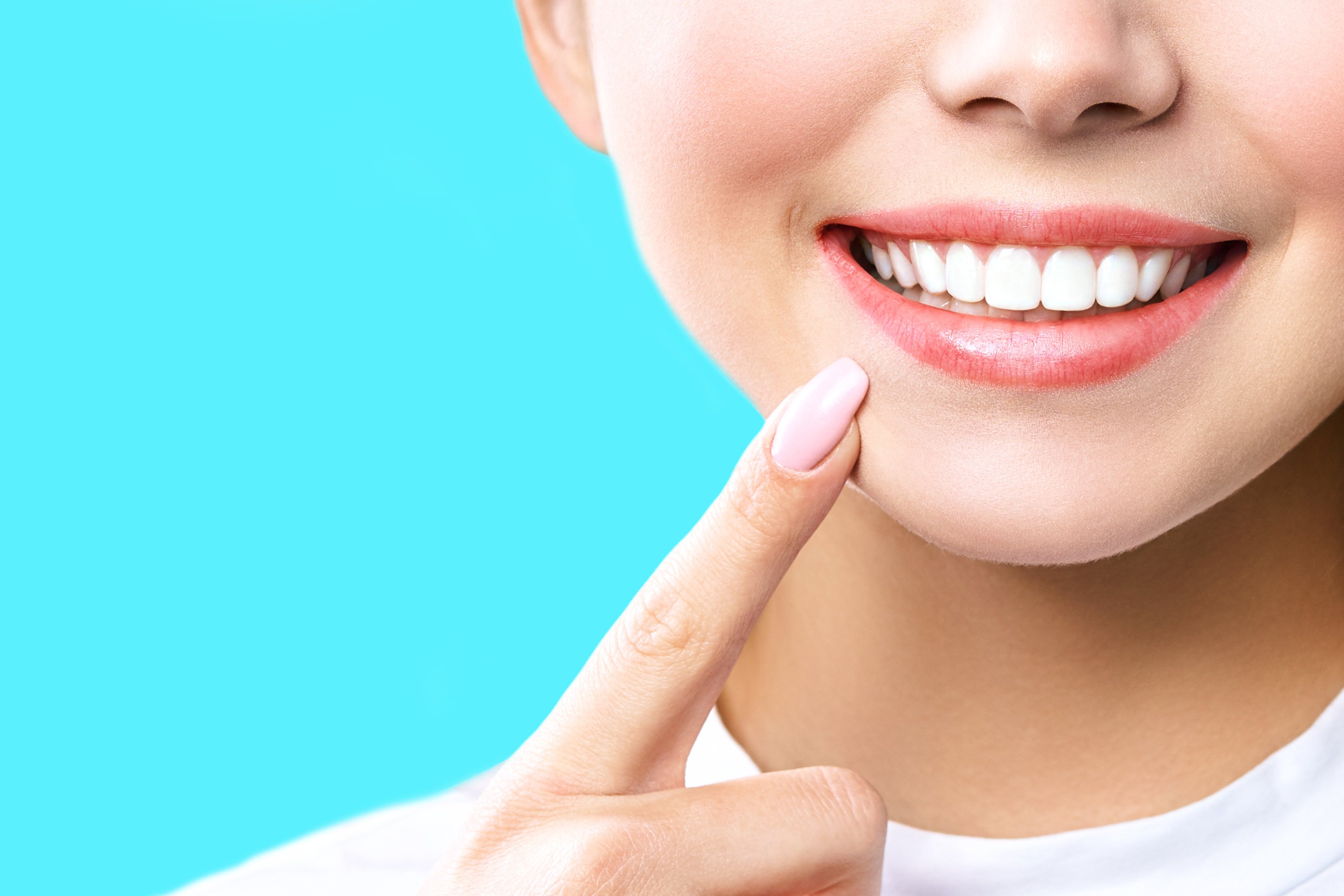What to do When You Bite Your Tongue or Lip

Summarize with AI
Most of us have bitten our tongue, lip or cheek at some point. While it can be annoying and painful, this rarely results in serious issues. Sometimes, however, an accidental bite can be serious, especially if it occurs as a result of a fall, car wreck or other accident. If an inadvertent bite results in a wound within your mouth, here's what you should do.
Treating the Wound
If you bite your tongue, lip or cheek, stand in front of a mirror and inspect the area for any debris, especially if the injury occurred as a result of a fall. If you see any debris stuck within the wound, visit your dentist instead of trying to remove the particles yourself.
If you don't see any debris, rinse the wound with cold water. If you have cuts within your mouth, rinse with warm salt water to reduce the risk of infection.
If the bite results in bleeding, apply pressure to the wound using a clean towel or clean piece of gauze. If you cannot stop the bleeding after several minutes, keep applying pressure and visit your local emergency room or urgent care center, depending on the severity of the bleeding.
Once you are able to stop the bleeding, apply an ice pack, bag of frozen peas or cold compress to the outside of your face on the opposite side of the injury to reduce swelling. Instead of applying a cold pack or ice directly to the skin or lips, wrap it in a cloth to keep from damaging the tissue.
Other Treatment Tips
For injuries occurring inside the mouth, you can relieve pain and swelling by sucking on ice cubes or a Popsicle. You can also relieve pain by taking an over-the-counter pain relief medication, such as ibuprofen or acetaminophen.
Avoid salty, spicy or acidic foods until the wound has healed. You may need to rinse with water after eating to keep food from getting caught in the wound.
When to Seek Medical Attention
In certain instances, you may need to see a dentist or doctor after biting your tongue, lip or cheek. These include:
- A wound that results in uncontrolled bleeding
- Signs of infection, according to these guidelines from the Mayo Clinic
- A large wound that may require stitches
- Excessive pain that doesn't get better after a day or two
- You have a weakened immune system due to a health issue or cancer treatment
What to Expect
If you have a serious oral injury, your dentist will first inspect and clean the wound. He or she will then remove any debris and look for signs of infection. If the wound is infected, your dentist will usually provide antibiotics either by giving you a shot or oral medication. You may require stitches to close the wound, along with pain medication to relieve discomfort.
.png)

